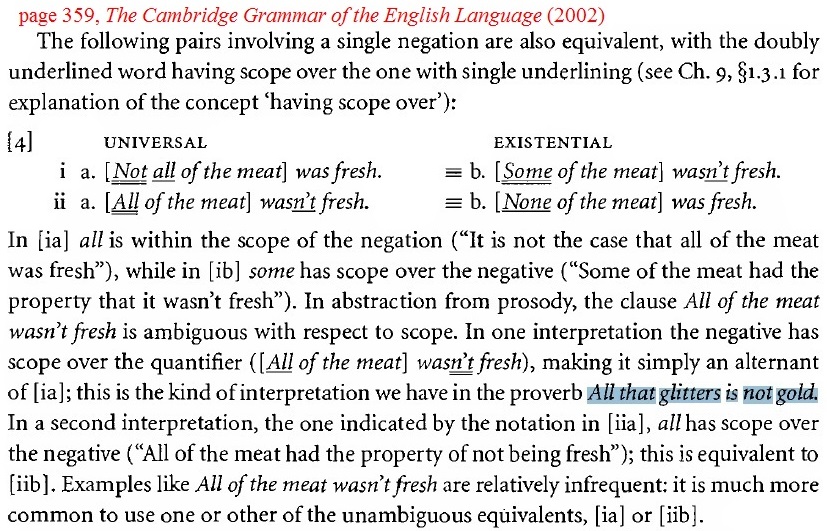The Senseless Census: A Solution By Jon N. Hall May 26, 2010 The original purpose of the census was apportionment -- the drawing of congressional districts so that each would contain roughly the same number of Americans. To do this, the census must count heads and get their addresses. This has not been a mystery since the advent of computers. Computers are used in statistical sampling. Jordan Ellenberg, a professor of mathematics at UW-Madison, made an impassioned plea for using sampling in the census on May 1 in The Washington Post . It was titled: “The census will be wrong. We could fix it.” But in Department of Commerce v. United States House of Representatives (1999), the Supreme Court ruled against the use of sampling in the census. Justice O’Connor delivered the Court’s opinion : “The District Court below examined the plain text and legislative history of the [Census] Act and concluded that the proposed use of statistical sampling to determine population for ...
Popular posts from this blog
VIDEOS from 2022
VIDEOS for 2022 Grace Jones’ song here, “I’ve Seen That Face Before,” is based on Astor Piazzolla’s “Libertango” ( read up on it ). This kid was introduced to the song in the flick Frantic , when Harrison Ford and Emmanuelle Seigner danced to it in a Parisian nightclub. One can watch the scene HERE ; Emmanuelle has some moves. For you lovers out there, here’s French Canadian actress Andrée Lachapelle and composer Michel Legrand in a duet from Legrand’s The Umbrellas of Cherbourg . To see the same scene from the 1964 movie, click THIS : Here's a clip from a movie currently playing on HBO. At first, I thought the singer was Andy Williams, but it's Steve Lawrence , who's 86 now. Those who'd like to hear Steve sing the entire song should go HERE . The movie is Nobody (2021) and it's rather violent (what Anthony Burgess might call "a bit of the old ultraviolence"). But this short clip (2 minutes 9 seconds) is pretty tame, except f...
All that Glitters Is Not What? By Jon N. Hall January 10, 2020 The literal takeaway from the old adage “ All that glitters is not gold ” is that gold doesn’t glitter. In case you don’t know, that’s false, gold does in fact glitter. So we’re told that what the adage really means is this – Not all that glitters is gold. In the original form of our adage, “not” modifies “gold.” Therefore, “not” has scope over “gold.” In linguistics, a word’s scope is the part of a statement over which it operates. Some linguists contend that in our adage “not” can also have scope over “All.” This is the position taken by what may be the ne plus ultra of descriptivist grammars, The Cambridge Grammar of the English Language . The one reference in the CGEL to our adage is in the middle of page 359 (screengrab below), where the CGEL contends that “All of the meat wasn’t fresh” is akin to our gold adage in that it “is ambiguous with respect to scope. In one interpretation the negative has...

Comments
Post a Comment